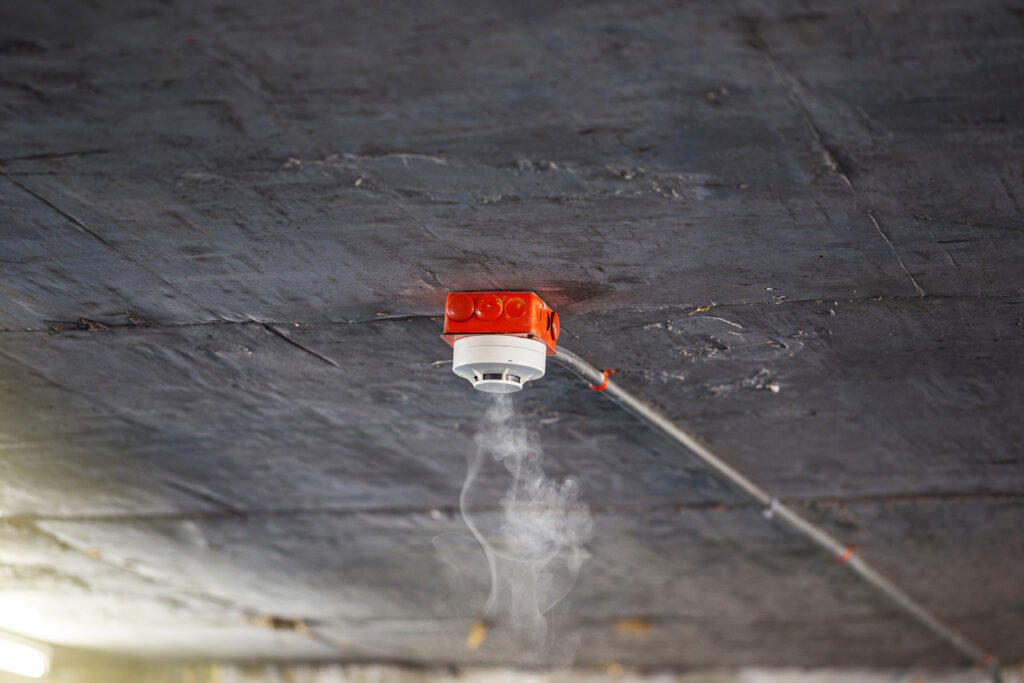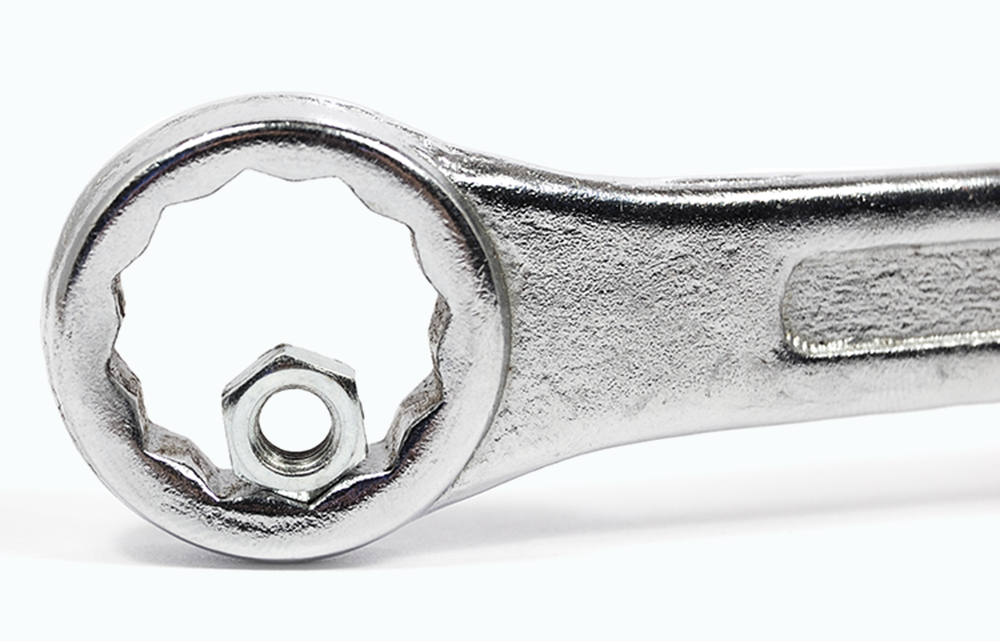Fire Alarm Installer

Introduction
A fire alarm installer plays a crucial role in ensuring buildings are equipped with reliable fire alarm systems. Fire alarm jobs involve installing, maintaining, and servicing fire alarms to provide early detection in the event of a fire. These professionals work across various environments, including residential properties, commercial buildings, and industrial sites, ensuring that each system meets safety standards. Whether it’s installing new systems or upgrading older ones, fire alarm installers are vital to maintaining safety.
The role demands a high level of technical knowledge, attention to detail, and understanding of fire safety regulations. Fire alarm installers often work closely with architects, builders, and property managers to ensure the systems installed are appropriate for the building’s design and use. Without their expertise, the safety of both people and property is compromised, making this service a critical profession in today’s safety-conscious world.
Fire Alarm Installation: What Does It Involve?
The process of fire alarm installation involves several key steps, starting with an assessment of the property. Fire alarm installers must evaluate the building’s layout, fire risks, and necessary coverage areas. Following this, they choose the most suitable type of fire alarm system for the property, considering factors like size, function, and local regulations. Installation involves setting up control panels, detectors, alarm sounders, and other essential conventional system components. For commercial properties, larger, more complex systems may be required to ensure comprehensive coverage.
Additionally, installers must account for the specific fire risks in different areas of the property, such as kitchens, storage rooms, or large commercial spaces. Each location may require tailored solutions to ensure that the fire alarm installation process adheres to both safety requirements and legal regulations. Post-installation, systems undergo rigorous testing to confirm everything is working as expected, ensuring full functionality in the event of a fire emergency.
Fire Alarm: A Crucial Component of Safety
A fire alarm is a critical component of any fire safety strategy, providing early detection and warning in the event of a fire. Early detection can be the difference between a minor incident and a catastrophic event, particularly in commercial or high-risk environments. Fire systems are designed to detect heat or smoke and alert occupants through sound or visual signals, giving them time to evacuate safely. Without a properly installed and maintained fire alarm, both property and lives are at greater risk.
In addition to their life-saving potential, fire alarm installation also provides a key benefit in minimising property damage. Early detection enables firefighters and other emergency services to respond quickly, containing the fire before it spreads. As fire safety laws become more stringent, ensuring that a fire alarm is properly installed and maintained is not just a safety measure but also a legal obligation.
Fire Alarm Systems: Types and Functions
There are various types of fire alarms, each tailored to meet specific fire brigade needs. Conventional fire systems are widely used in smaller buildings, with different zones to indicate where the alarm was triggered. Addressable fire alarm systems, often used in larger buildings, provide more detailed information by identifying the exact location of the alarm activation. Modern systems also include wireless fire alarm systems, which are ideal for listed buildings or properties where wiring may be difficult or unsightly. Each system type has its strengths, depending on the building and its fire safety requirements.
Fire alarms also vary in terms of the types of detectors used. Some systems rely on heat detectors, while others use smoke or carbon monoxide detectors. Advanced systems may integrate with other security measures, such as CCTV or access control, to create a more comprehensive safety network. Understanding the different types of fire alarm systems allows property owners to choose the best option for their specific needs, most effective way of ensuring both compliance with regulations and optimal safety.
Fire Alarm System: Components and Operation
A fire alarm system comprises several components working together to detect and alert occupants to a fire. These include the control panel, which manages the system’s operation, and smoke detectors, which detect smoke particles or heat. Alarm sounders or visual indicators are triggered when the fire detection system detects potential danger, providing an early warning. In some cases, separate detectors for smoke, heat, and carbon monoxide are used to provide comprehensive protection. The fire alarm system must be maintained and tested regularly to ensure all components function correctly.
Fire systems are more than just smoke detectors; they include a network of devices designed to work together. From the control panel that manages the whole system to the individual detectors in each room, the system must be carefully planned and installed. The early warning provided by a well-functioning fire alarm system can be lifesaving, giving people time to respond to a fire before it escalates. This is why the correct placement of each component is critical to the system’s overall success.
Wireless Systems: The Future of Fire Safety
As technology advances, wireless fire alarms have become increasingly popular. These systems offer a more flexible installation process, without the need for extensive wiring, making them ideal for historic or listed buildings. Wireless smoke alarm systems can be installed with minimal disruption and provide the same level of protection as traditional wired systems. Additionally, they can be expanded or upgraded easily, allowing property owners to adjust their fire safety solutions as needed.
Wireless systems are particularly advantageous in buildings where aesthetic concerns or structural limitations make wiring difficult to install. They also offer the convenience of being able to add additional sensors or components without requiring significant alterations to the building. For property owners, this means greater flexibility in maintaining and upgrading their fire alarm systems, as well as reduced costs associated with extensive rewiring.
Commercial Fire Alarms: Protecting Businesses
For businesses, having a robust commercial fire alarm system is essential. These systems are designed to protect larger properties and offer more advanced features than standard residential systems. Commercial fire alarm systems often include multiple detection devices, control panels, and integration with other safety systems, such as sprinklers or emergency lighting. The the cost and complexity of these systems makes professional installation critical to ensure everything functions seamlessly and in compliance with regulations.
Commercial properties, such as office buildings, warehouses, and factories, face a range of unique fire risks. Commercial fire alarm systems are tailored to meet these challenges, providing comprehensive coverage and rapid detection across large areas. These systems often integrate with other building management systems, such as access control and intruder alarms, to offer businesses a complete security solution that also meets fire safety requirements.
Maintenance and Servicing of Fire Alarm Systems
Regular maintenance and servicing are vital to ensuring that fire alarm systems remain fully operational. Over time, components like detectors and control panels can degrade or malfunction, increasing the risk of false alarms or system failure. Fire alarm installers are responsible for inspecting, testing, and servicing systems to identify any issues early on. Maintenance also includes updating the system’s software or upgrading parts to meet the latest safety standards. Proper servicing not only ensures safety but can also reduce long-term costs associated with false alarms or emergency repairs.
Neglecting maintenance can lead to dangerous situations where a fire alarm system fails when it’s needed most. False alarms can also be a common issue in poorly maintained systems, leading to disruptions and potential fines. Regular inspections, thorough testing, and prompt servicing are essential to maintaining a system that performs optimally, ensuring both the safety of the occupants and the integrity of the property.
The Installation Process for Fire Alarms
Installing a fire alarm system involves careful planning and execution. The process begins with a thorough site assessment to determine the most effective placement of detectors and alarm devices. Installers then connect these devices to a central control panel, ensuring that the system is properly zoned and configured. After installation, the system is tested to confirm all components are working correctly and providing accurate early warning. Whether installing a new system or upgrading an existing one, the goal of installed fire alarms, is always to ensure comprehensive fire protection.
Fire Safety Regulations for Fire Alarm Installers
Fire alarm installers must comply with strict fire safety regulations and legal requirements. In the UK, installers must ensure that systems meet British standards and local building codes. Additionally, obtaining bafe accreditation is essential for installers and business to demonstrate their competence and adherence to fire safety standards. Compliance with these regulations not only ensures the safety of occupants but also protects installers and businesses from legal repercussions.
Career Opportunities for Fire Alarm Installers
The demand for skilled fire alarm installers continues to grow, with opportunities spanning both residential and commercial sectors. Installers can work on a variety of projects, including the installation of commercial fire alarm systems in high-rise buildings or wireless fire alarm systems in listed buildings. With the right qualifications and experience, fire alarm installers can progress to supervisory roles, project management, or even run their own smoke alarm installation businesses. The field offers both job security and room for growth, making it an attractive career option.
Professional Fire Alarm Installer
When it comes to fire alarm installation, it’s crucial to hire a qualified professional to install systems. Certified installers ensure that the system is designed, installed, and maintained according to British standards and bafe accreditation. They can also provide professional advice on the best system for your property, whether it’s a residential home or a large commercial building. Hiring a professional gives you peace of mind that your fire alarm system will work when needed most, protecting both property and lives.
Every Job is Easier if You Have the Right Tools
